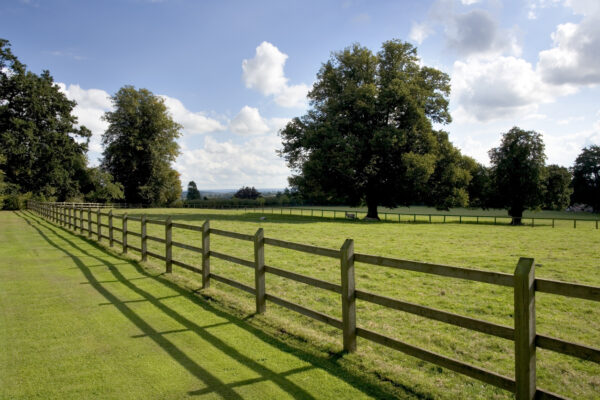

Conflict is stressful. Anxiety levels can soar when a relationship comes under strain or breaks down as a result of a disagreement. Some of us are better equipped than others to handle the stress and anxiety of moments of difference. Our instinct may be to front up to a protagonist, we may find ourselves frozen to the spot, we might be inclined to stand our ground or we may be impelled to immediately exit the stage of conflict.
There is no right or wrong reaction; we are who we are. We are all different. However, whoever we are, we all suffer stress and anxiety when a dispute arises. That applies in a business or personal context.
Whatever our nature, therefore, recognising in ourselves our own first instinct – how we cope with conflict, how we respond to the inevitable stress and anxiety it produces – is an important first step on the path to resolving a dispute. Only when we acknowledge our own inclinations and recognise that the same forces are at work on our opponent are we able to draw on the perspectives needed to chart the best route to a solution.
Recently, I was struck by the example of a young person being helped by the Northampton Saints Foundation team, an excellent charity established by the England Premiership rugby club. He struggled with managing his response – his aggression – to provocations from his peers. The Foundation introduced to him a player from the Northampton Saints squad – one of the forwards – who was able to spend valuable time with him to work through some of the tools he uses on the pitch to manage incitements by the opposing team to hit out, and maintain his discipline in the face of violent confrontation. In this way, the player was able to help the young man minimise the risk of social alienation and, potentially, avoid the long arm of the justice system.
Whether the dispute arises on the field of play or in a business or other context, the benefit of taking stock before drawing swords cannot be overstated. Indeed, the sense of taking stock is written into the procedures for resolving disputes in the civil courts, with a set of rules that require the parties to a dispute to follow a process before resorting to court action.
Although there are many and varied pre-action procedures that depend on the type of case involved, they all require an exchange of information by the parties about their respective positions and cases and to consider whether negotiation or an option other than litigation is appropriate.
The discipline of the rules provides the space to plan the most effective route to an outcome. As is the case for all effective carrot and stick schemes, parties ignore these procedures at their peril, as the court may impose sanctions if they do.
So, if you are facing a dispute, in the same way as the Saints player’s insights from his own experience provided value for that young man facing the challenges he did, the knowledge and understanding of our highly experienced dispute resolution lawyers can provide the essential advice and support you need when facing a business conflict.










